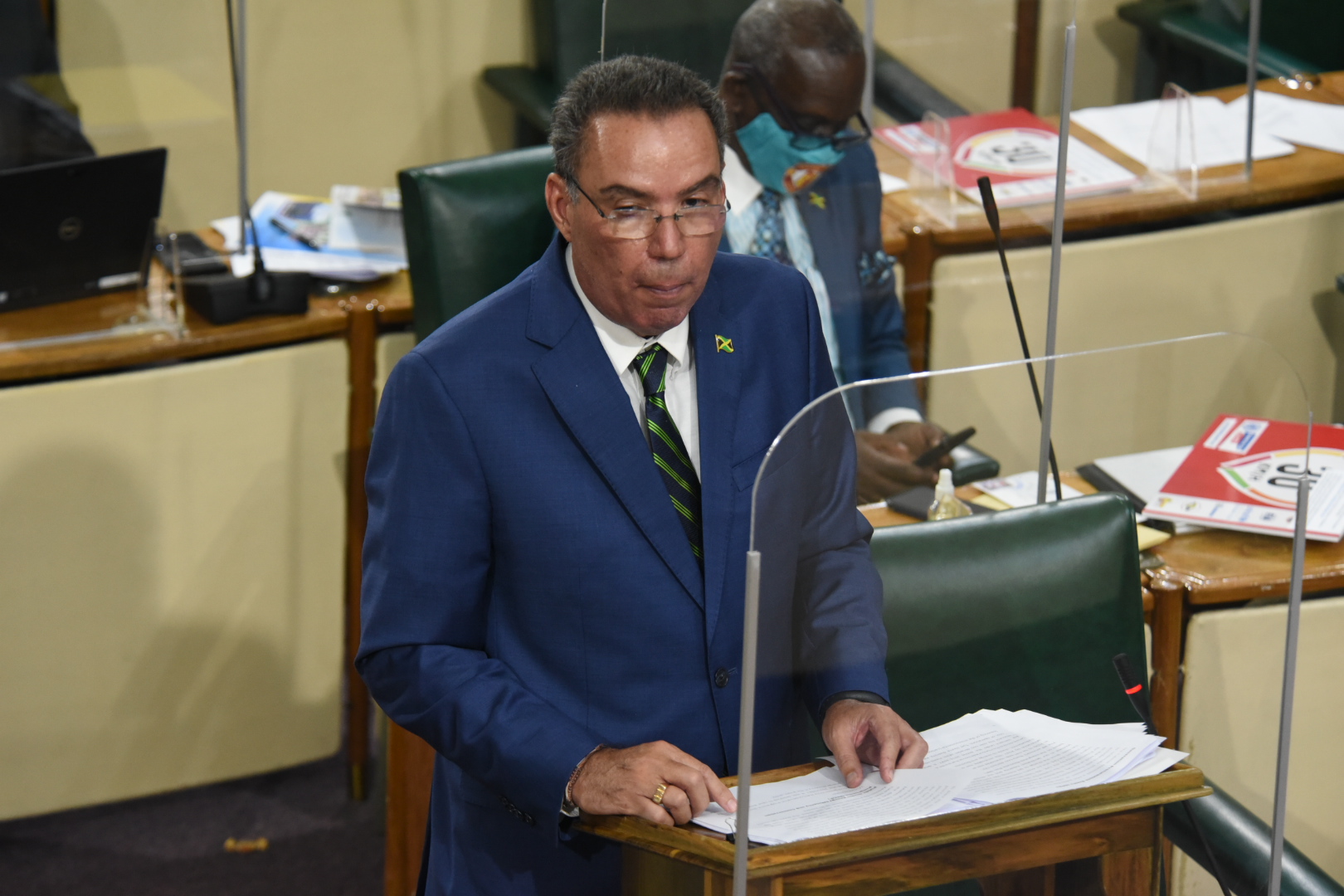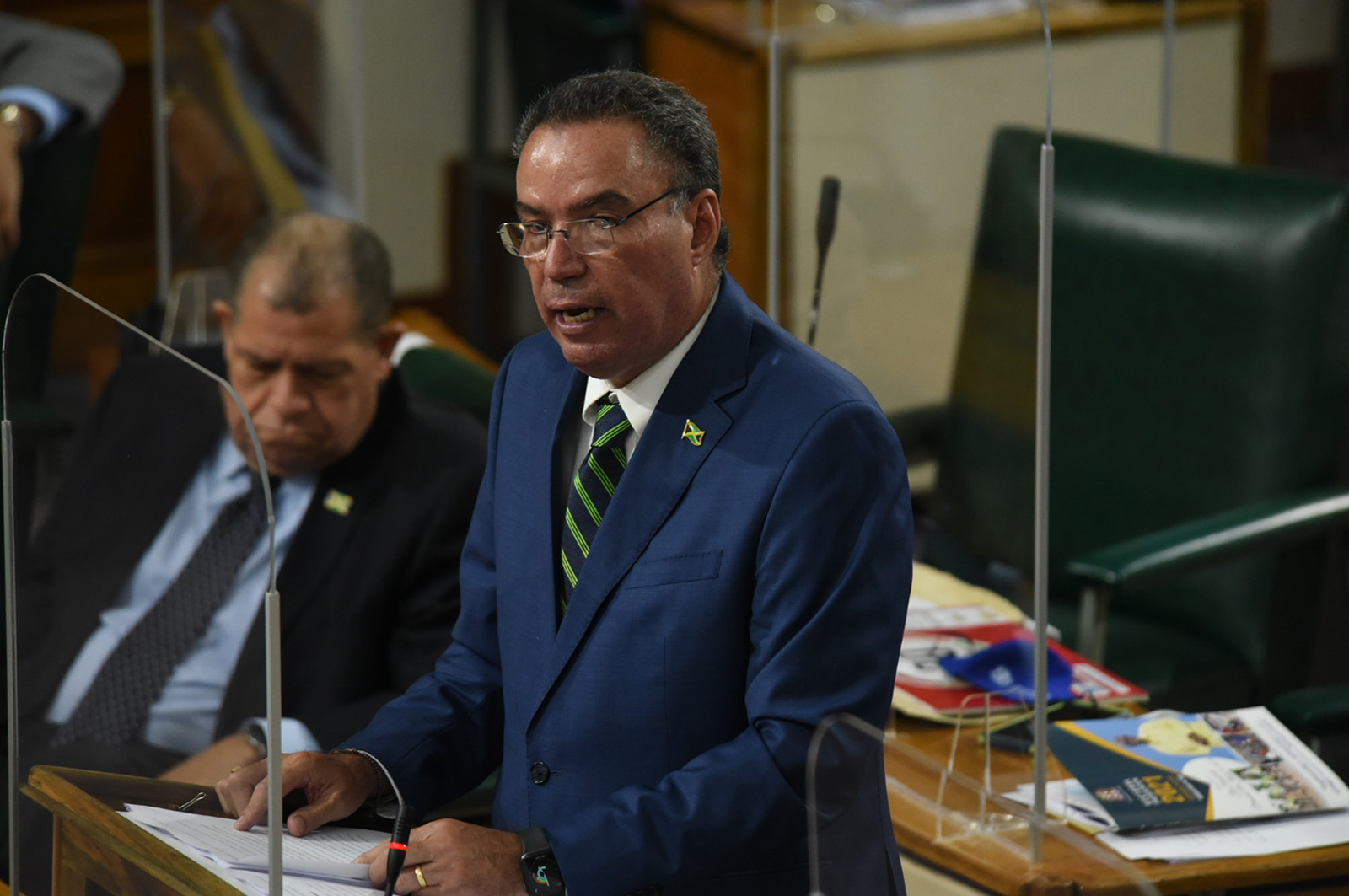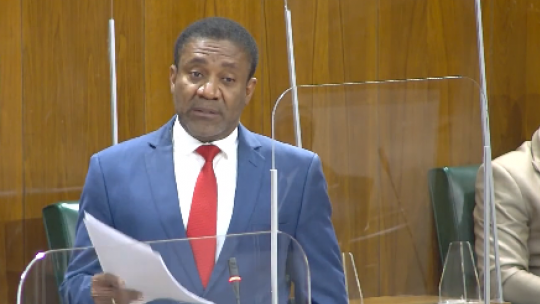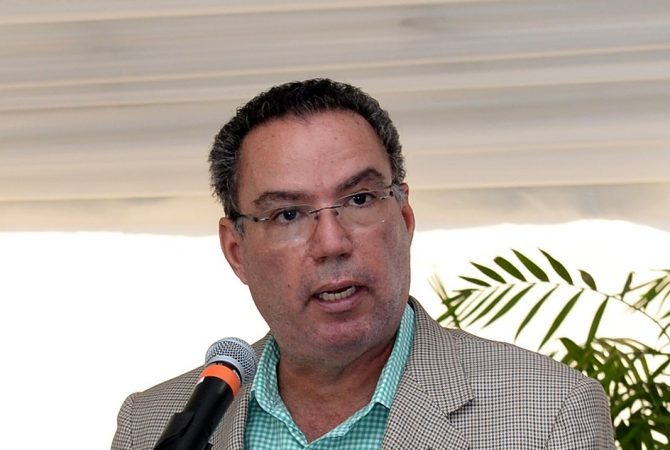Although he spoke significantly on the matter during his recent parliamentary review of his portfolio, Daryl Vaz’s outline of plans for Jamaica’s electricity sector – including the Government’s intention to go the market for more renewable power generators and its broad strategy for the introduction of electric vehicles (EV) – seems to have by-passed most people.
That is unfortunate. For concomitant with, and in some respects, as guide to these critical developments, there should be a robust discussion about the strategic direction of the electricity sector. This must, among other things, cover explanations for our relatively low growth in electricity consumption (substantial theft of power notwithstanding) and why the price of power has not fallen at the rate, or to the levels, expected by consumers since the supplier’s investments in new generating plants and the introduction of liquefied natural gas as the sector’s main source of power-plant energy over three years ago.
In that regard, the work of the Generation Procurement Entity (GPE) – and the personalities behind it – must be transparent, rigorous, and inclusive. In other words, it must be open to all stakeholders, including consumers – and seen to be so.
As Minister Vaz, who has responsibility for science, technology, and energy, explained, the GPE is a creature of the 2015 Electricity Act. Its job is to guide the procurement of new generating capacity for the national grid, essentially doing what the former Electricity Sector Enterprise Team (ESET) undertook with regard to the policy on LNG and the Jamaica Public Service’s (JPS), the monopoly electricity transmission and distribution company, construction of a new, 190-megawatt plant at Old Harbour.
NEW GPE LEADERSHIP
The GPE, formalised in 2017 under the leadership of ESET’s last chairman, Professor Alvin Wint, has, since then, had a largely quiet existence. But according to Mr Vaz, the Government appointed “new leadership for the GPE, with a mandate to undertake procurement of new electricity-generation capacity”. A technical expert has also been recruited to support the entity.
“The GPE has been given the charge to get moving,” he said. “We want to see a significant increase in our generation capacity and our renewable energy share based on the Integrated Resource Plan.”
We sense an excitement in the minister’s declaration, which this newspaper broadly shares. Except that the public is mostly unaware of who the members of the GPE are, their backgrounds, and how they propose to pursue their mandate.
The job they are committed to undertake is important. Approximately 17 per cent of Jamaica’s power is generated from renewables. The plan, Mr Vaz said, is to increase that to 32 per cent by 2030, rising by a further 17 percentage points, to 49 per cent, over the next seven years. “The renewable-mix resources include solar, wind, hydroelectric, waste to energy, and biomass,” he said.
The Government estimates that the investment in renewables, and a broader modernisation of the electricity infrastructure, will require an investment of US$2.8 billion, or over J$420 billion at the current exchange rate. That is a lot of money on which those who invest it will, rightfully, seek an adequate return. Consumers will expect reliable, cheaper, and competitive electricity.
A clear positive in the pivot to renewables, which is happening globally, is that burning less fossil fuel is good for the environment, given the existential threat that global warming poses to small island states like Jamaica. Happily, the price of renewable technologies has been falling, increasing, on the face of it, the feasibility of investment of the value proposed by Minister Vaz.
SEVERAL ISSUES
But even as Jamaica proceeds on this inevitable path towards renewables, there are several issues that will have to be part of the discussion, especially if lower technology prices continue to lure larger consumers away from a grid in favour of their own production. In the face of any such migration, and largely stagnant growth in electricity consumption over the last five years, policymakers and the GPE will have to ensure the affordable delivery of electricity to household consumers who might not be able to leave the grid. Put another way, this project must be as much about affordable power in an expanded market as it is about clean power. Indeed, competitive power is good for the national economy and social equity, but also in the context of fairness to the suppliers of the commodity.
In this regard, the development of policy to encourage the use of EVs in Jamaica must be accelerated. Mr Vaz announced that he had established a council “to oversee a consultative process on the introduction of electromobility”. That is encouraging. But names and a work plan must be placed on that council. There must also be public discussion on the questions raised by the Office of Utilities Regulation in its consultation document on EVs such as what the Government will do to make electric cars affordable to Jamaicans and what policy should cover the public charging ports.
The bottom line is that there are still big, exciting conservations to be had about Jamaica’s electricity-generating sector in the age of renewables.





